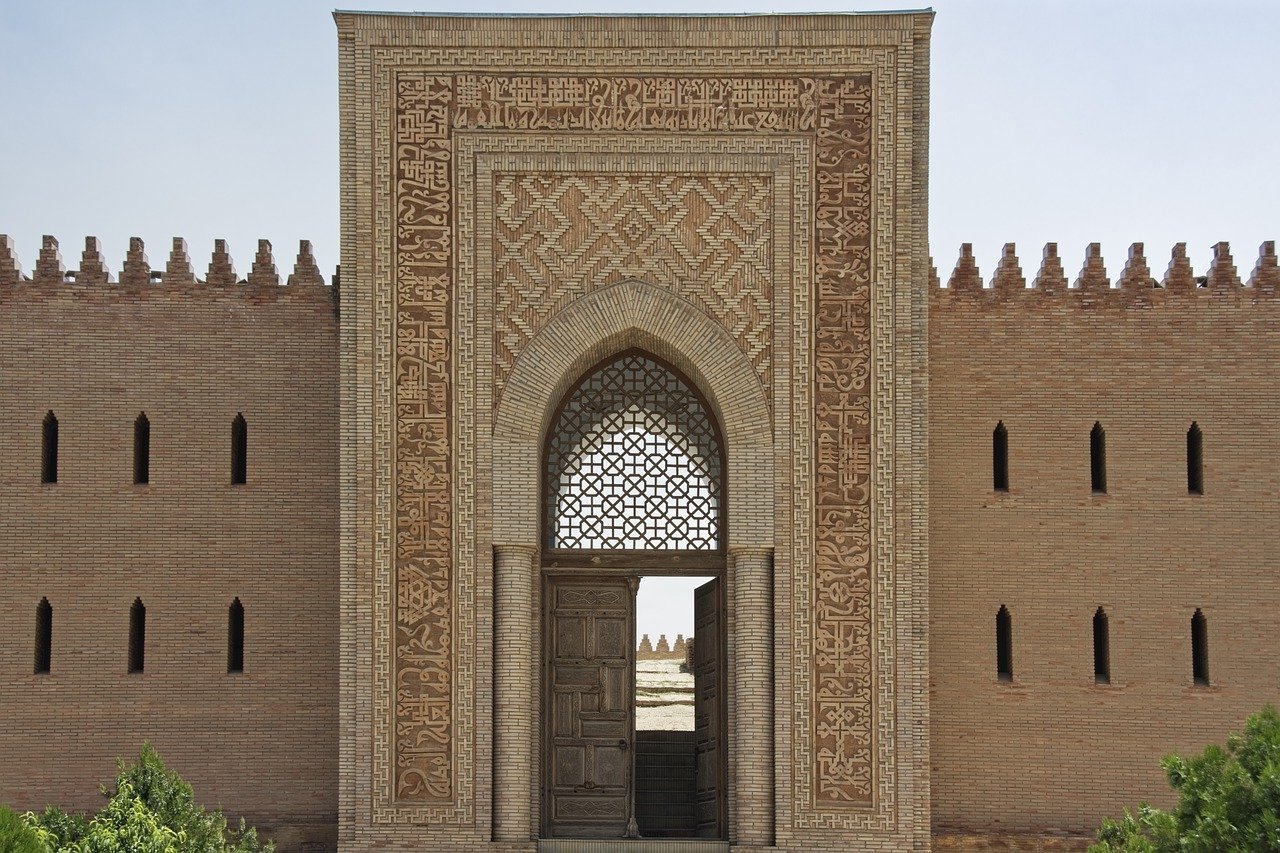(FPC) As the COVID-19 virus spread in Eurasia in early 2020, Tajikistan’s President Emomali Rahmon and his government chose to deny the crisis for more than four months, then acknowledged on April 30th only a very limited presence of the virus, according to the official data, of 15 cases. This low figure was at odds with the numerous local testimonies about people with symptoms of COVID-19 and the difficulties they were having in accessing medical care due to the lack of infrastructure and equipment. In addition, there were reports of hospitals refusing to admit patients with symptoms of COVID-19 due to unofficial instructions from some government officials to lower the number of reported cases.
Tajikistan’s controversial management of the COVID-19 crisis goes well beyond the undeniable difficulty for any government to react to the unforeseen consequences of a pandemic. Rather, it is part of a deep and long-lasting crisis in the Tajikistani medical sector which has a variety of causes. First, the Tajikistani medical system has been weakened by the poor economic situation of the country, which undermined investment in the social welfare sector. Second, the lack of investment has also resulted from the kleptocratic and neo-patrimonial practices of the regime, where funding for the health sector has collided with protection of the economic and financial interests of the political elites and with securing the survival of the authoritarian political regime.
Government denial and censorship
Until April 30th 2020, the eve of the visit of the World Health Organization (WHO) to Tajikistan, the Government had systematically denied registering any coronavirus infections, and instead criticised journalists who were trying to disseminate information on this topic, accusing them of provoking panic among the population. After they recognised the presence of COVID-19, the political authorities, however, have continued to downplay the impact of the pandemic, registering only 52 deaths by the end of June 2020.[1] Finally, at the end of January 2021, the Government declared that the country was virus free. Since early January, the country’s coronavirus count has not changed, with, according to official statistics, 13,308 infections and 90 fatalities.[2] […]
Read More © Foreign Policy Centre (FPC), UK
Image credit











